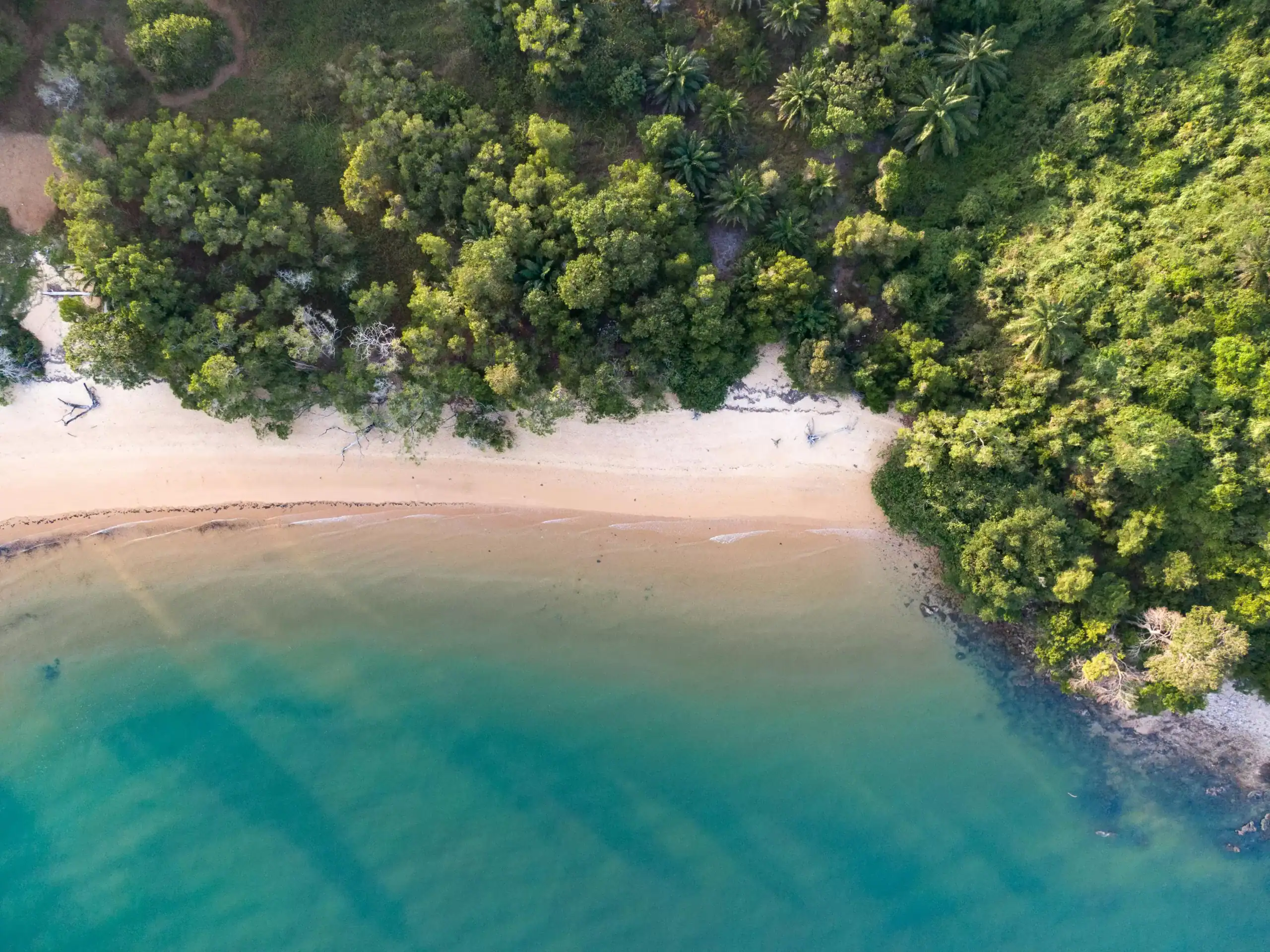Uvita, a charming coastal town nestled in Costa Rica’s Southern Pacific region, has become a sought-after destination for real estate investors and expatriates alike. With its lush landscapes, pristine beaches, and vibrant community, Uvita offers a unique blend of natural beauty and modern amenities. If you’re considering purchasing property in this paradise, here’s a comprehensive guide to help you navigate the process.
Why Buy Real Estate in Uvita?
Uvita is part of the Costa Ballena, a stunning stretch of coastline known for its rich biodiversity, laid-back lifestyle, and outdoor activities. Whether you’re looking for a vacation home, a permanent residence, or an investment property, Uvita provides a variety of options that cater to different needs and preferences. From luxury beachfront villas to eco-friendly homes in the jungle, Uvita’s real estate market has something for everyone.
The Buying Process in Uvita
1. Determine Your Budget and Needs
- Assess Your Finances: Before diving into the real estate market, it’s crucial to determine your budget. Consider all costs, including the property price, closing costs, legal fees, and any renovations or improvements needed.
- Identify Your Priorities: Are you looking for a primary residence, a vacation home, or an investment property? Do you prefer a beachfront property or something more secluded in the hills? Understanding your priorities will help narrow down your options.
2. Work with a Reputable Real Estate Agent
- Local Expertise Matters: Partnering with a knowledgeable real estate agent who understands the Uvita market is essential. They can guide you through the process, provide valuable insights, and help you find properties that meet your criteria.
- View Listings: Explore available properties in Uvita by visiting our Uvita real estate listings. This will give you an idea of what’s on the market and help you refine your search.
3. Conduct Due Diligence
- Property Inspection: Once you’ve found a property you’re interested in, it’s important to conduct a thorough inspection. This will help you identify any potential issues and determine if the property is priced appropriately.
- Title Search: Ensure that the property has a clear title, free of any liens or legal disputes. Your real estate agent can assist you in obtaining a title report from the National Registry of Costa Rica.
4. Legal Considerations
- Hire a Local Attorney: Engaging a local attorney is a critical step in the buying process. They will handle the legal aspects, including reviewing the sale agreement, ensuring the title is clear, and registering the property in your name.
- Understand Zoning Laws: Zoning laws in Costa Rica can vary by region and property type. It’s important to understand what is allowed on the property you’re purchasing, especially if you plan to build or make significant changes.
5. Financing Your Purchase
- Explore Financing Options: While many buyers in Costa Rica purchase properties outright, financing options are available through local banks and international lenders. It’s advisable to secure financing before making an offer to streamline the buying process.
- Currency Considerations: Keep in mind that most real estate transactions in Costa Rica are conducted in U.S. dollars. Exchange rates can fluctuate, so consider this when planning your purchase.
6. Understanding Escrow
- What is Escrow?: In real estate transactions, escrow is a process where a neutral third party holds funds and documents on behalf of both the buyer and seller until all conditions of the sale are met. This ensures that neither party can access the funds or the property until all contractual obligations are fulfilled.
- How It Works: Once an offer is accepted, an escrow account is opened. The buyer deposits earnest money (a percentage of the purchase price) into this account. The escrow agent manages the funds and ensures that both parties meet their contractual obligations, such as completing inspections, securing financing, and signing the final sale documents.
- Completion and Closing: Once all conditions are met, the escrow agent disburses the funds to the seller and transfers the property title to the buyer. This process helps protect both parties and ensures a smooth and secure transaction.
7. Closing the Deal
- Negotiate the Price: Once you’ve conducted due diligence and are satisfied with the property, you can proceed to negotiate the purchase price. Your real estate agent will assist you in making an offer and handling counteroffers.
- Sign the Purchase Agreement: After agreeing on the price, you’ll sign a purchase agreement outlining the terms of the sale. Your attorney will ensure that all legal requirements are met before finalizing the transaction.
- Register the Property: The final step is to register the property in your name with the National Registry. This legally transfers ownership to you and ensures that you are the rightful owner.
Types of Properties in Uvita
Uvita offers a diverse range of property types to suit various lifestyles and investment goals:
- Beachfront Villas: Ideal for those who want to wake up to the sound of the ocean and enjoy direct access to the beach.
- Mountain Homes: These properties offer stunning views of the ocean and surrounding jungle, perfect for those seeking tranquility and privacy.
- Condos: Convenient and often part of gated communities, condos in Uvita provide modern amenities with minimal maintenance.
- Land Parcels: Whether you’re looking to build your dream home or invest in development, Uvita has a variety of land options available.
Conclusion
Buying real estate in Uvita is a rewarding investment, offering a chance to own a piece of paradise in one of Costa Rica’s most beautiful regions. By following this guide and working with experienced professionals, you can navigate the process smoothly and make an informed decision.
Ready to explore properties in Uvita? Check out our Uvita real estate listings or contact us today to start your journey to owning a property in Costa Rica!
Interested in other real estate opportunities? Check out tropical towns Jaco Beach, Dominical or Ojochal.



